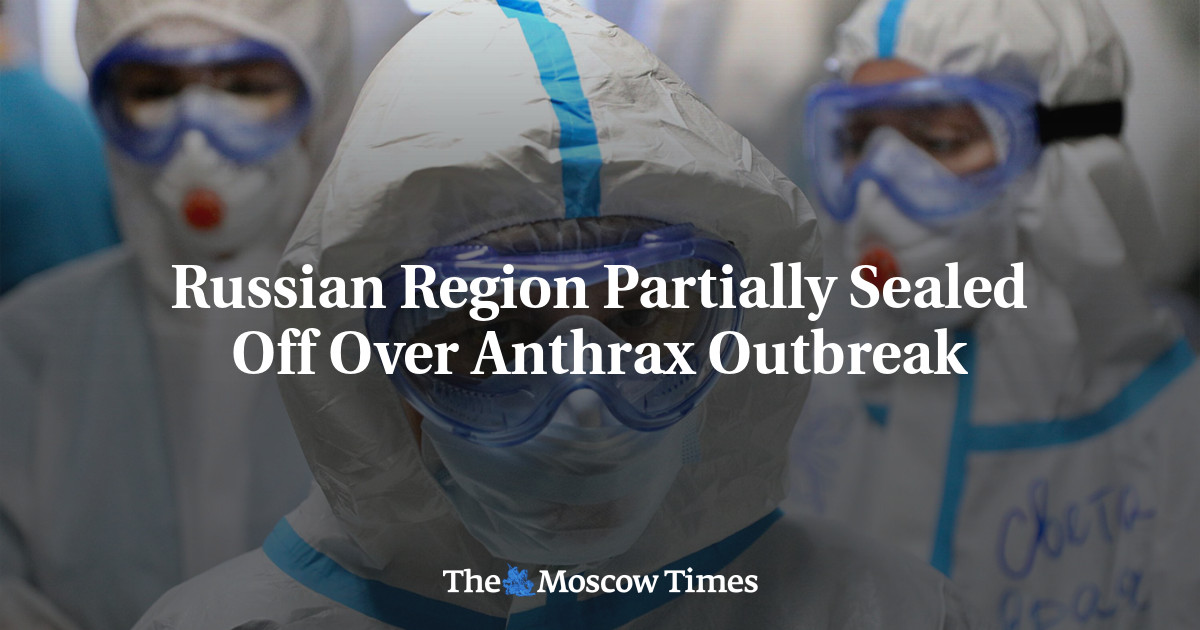
Authorities in southwestern Russia on Sunday sealed off an area of roughly 1,400 square kilometers for at least three months over an anthrax outbreak.
Voronezh region Governor Alexander Gusev declared a local state of emergency, banning unauthorized persons from entering the region’s Paninsky district until Nov. 16.
Gusev also banned the movement and slaughter of cattle, the export of meat and dairy products, as well as the production and export of animal feed.
In a statement, the Voronezh region’s Paninsky district said it has carried out an “exhaustive set of preventive and epidemiological measures” to localize the outbreak.
At least one resident was infected with anthrax after “butchering the carcass of an infected animal,” local health authorities said Monday without disclosing whether the person was hospitalized.
Anthrax is a bacterial infection that can be transmitted to humans through ingestion, inhalation or direct contact with anthrax spores — and cause a form of pneumonia.
Since it is most commonly transmitted through exposure to infected animals, those who work with livestock and animal products are at higher risk of infection.
The latest outbreak comes a month after several residents of southern Siberia’s republic of Tyva were diagnosed with anthrax after consuming infected horse meat. In March, anthrax cases were reported in central Russia’s republic of Chuvashia in connection to the illegal slaughter of unregistered livestock.
Russia’s public health authorities maintain that there is no threat of a wider outbreak of anthrax.